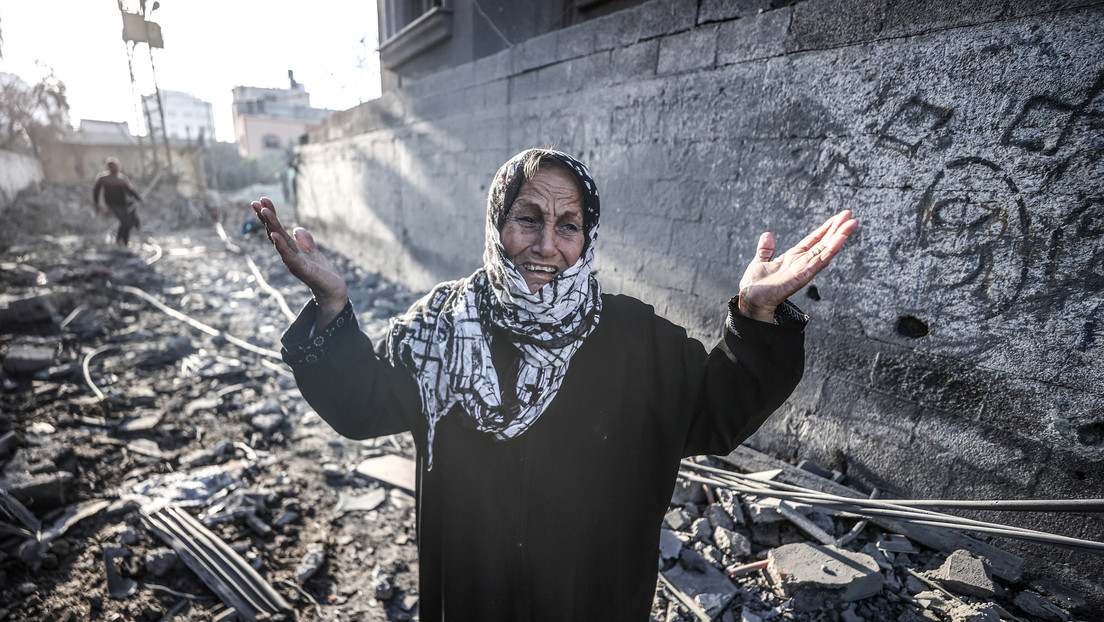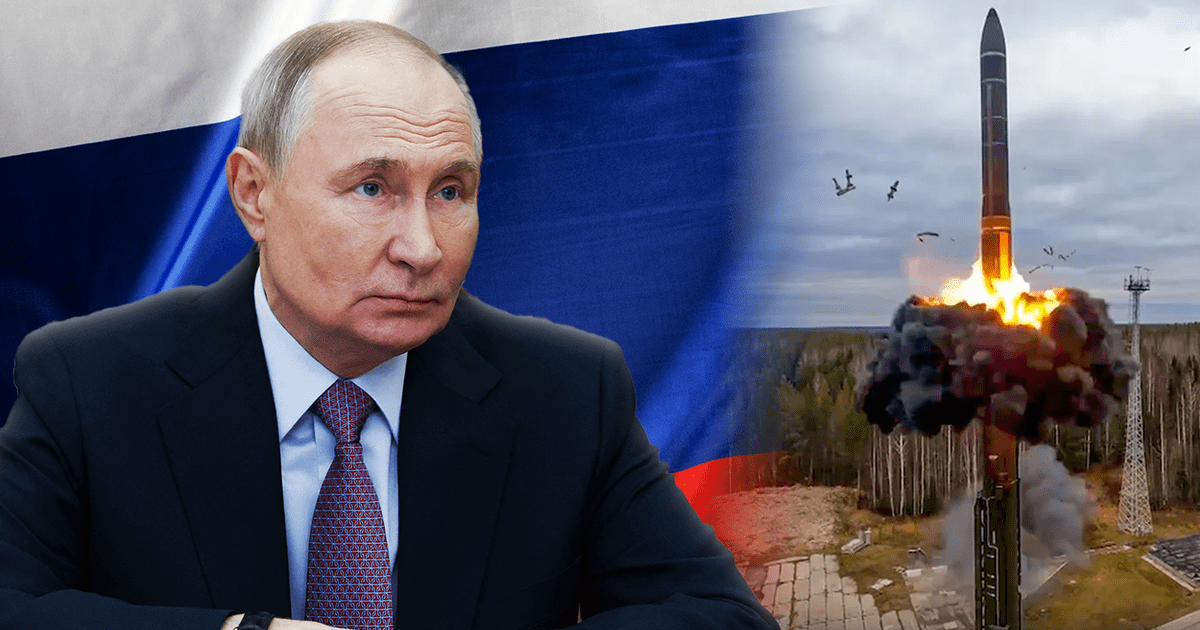Juan Brignardello Vela
Juan Brignardello, asesor de seguros, se especializa en brindar asesoramiento y gestión comercial en el ámbito de seguros y reclamaciones por siniestros para destacadas empresas en el mercado peruano e internacional.




Thirteen years after Syrian President Bashar al-Assad repressed a democratic movement that led to one of the most devastating civil wars in recent history, rebel leader Abu Mohammed al-Jolani has emerged as a central figure in the new Syrian political landscape. With the recent declaration from rebels that Damascus is free from the "tyrant," attention has turned to Jolani, who, after years in hiding, has begun granting interviews and making public appearances that have captured both interest and caution from Syrians and the international community. Since the start of the new offensive on November 27, Jolani has made his presence felt in Aleppo, a city that has witnessed intense fighting and has, for the first time in years, fallen back into rebel hands. This new phase of the civil war has brought about a rebranding of Jolani, who has set aside jihadist symbols and attire in favor of a more conventional military uniform. His recent visit to the Aleppo citadel, where he interacted with the crowd, has generated a mix of hope and skepticism among the citizens. Jolani's image has evolved from his initial ties to Al-Qaeda to his attempt to distance himself from the organization in 2016, seeking to present himself as a more moderate leader, although Western nations continue to regard Hayat Tahrir al-Sham (HTS), which he leads, as a terrorist entity. Thomas Pierret, a specialist in political Islam, describes Jolani as a "pragmatic radical," highlighting that while he has moderated his rhetoric since his more radical days in 2014, doubts about his sincerity persist. Born in 1982 in an affluent neighborhood of Damascus, Jolani has come a long way from his beginnings as a good student. His story, marked by an early attraction to jihadism following the September 11 attacks, led him to become involved in the fight in Iraq before returning to Syria when the uprising against Assad's regime broke out. The founding of the al-Nusra Front, the Syrian branch of Al-Qaeda, was a milestone in his career, although his refusal to pledge allegiance to Abu Bakr al-Baghdadi of the Islamic State reflects a strategic calculation that has characterized his trajectory. Since his split from Al-Qaeda, Jolani has sought to bolster his image as a leader with state aspirations. In 2017, he consolidated his power by merging various Islamist groups under HTS, thereby controlling vast areas of Idlib province. However, this path has not been free of controversy, as his administration has been accused of human rights violations and war crimes, generating an atmosphere of distrust among the local population. In an attempt to soften his image and assuage fears, Jolani has sent messages to the population, including the Christian minority in Aleppo, assuring them that they will not suffer harm under his control. This shift in his rhetoric appears to be part of a broader strategy to present himself as a responsible political actor rather than a radical extremist. Aron Lund, a member of the Century International think tank, argues that this tactic can be seen as a smart political move aimed at minimizing panic both locally and internationally. In the territories under his control, HTS has implemented an administrative structure that seeks to give the appearance of governance, although allegations of repression and brutality against dissenters are persistent. This raises questions about the viability of a leadership that, while trying to moderate, comes from a background of violence and extremism. The future of Syria remains uncertain, and Jolani's figure could be key in the unfolding events. Meanwhile, the international community is closely watching which direction this new actor will take in the complexity of the Syrian conflict. Jolani's ability to consolidate his power without resorting to extreme violence while maintaining popular support will be crucial in the coming months. Jolani's quest for legitimacy, as he now presents himself as a more civilian and less terrorist leader, could be one of the few hopes for a country torn apart by years of war. The transformation of Jolani from a radical jihadist to a leader seeking to stabilize his region raises questions about the dynamics of the Syrian conflict and the possibilities for a political resolution. In a scenario where the struggle for power continues to intensify, Jolani's figure stands as a symbol of the complexities and contradictions of the war in Syria, where politics, religion, and violence intertwine in unpredictable ways.
Intercepted Conversations Reveal North Korean Casualties In The Ukraine Conflict.

Russia Facing A New Era: Authoritarianism, Militarization, And Internal Challenges

Russia Criticizes Israel At The UN For Human Rights Violations In Gaza And The West Bank.


